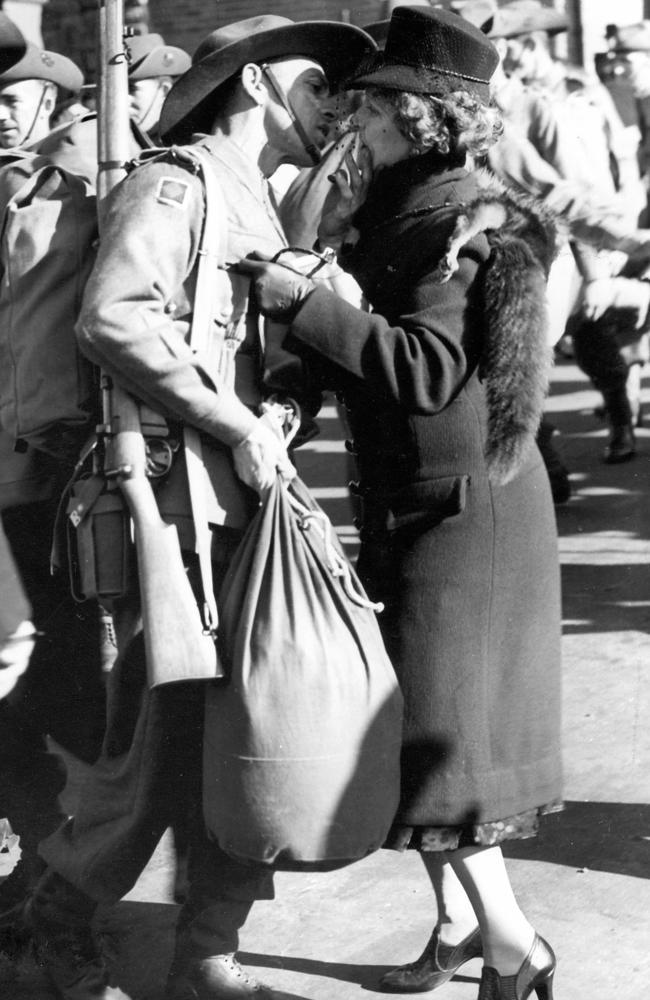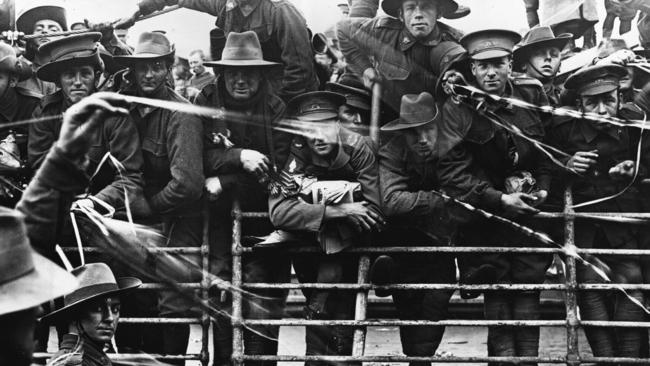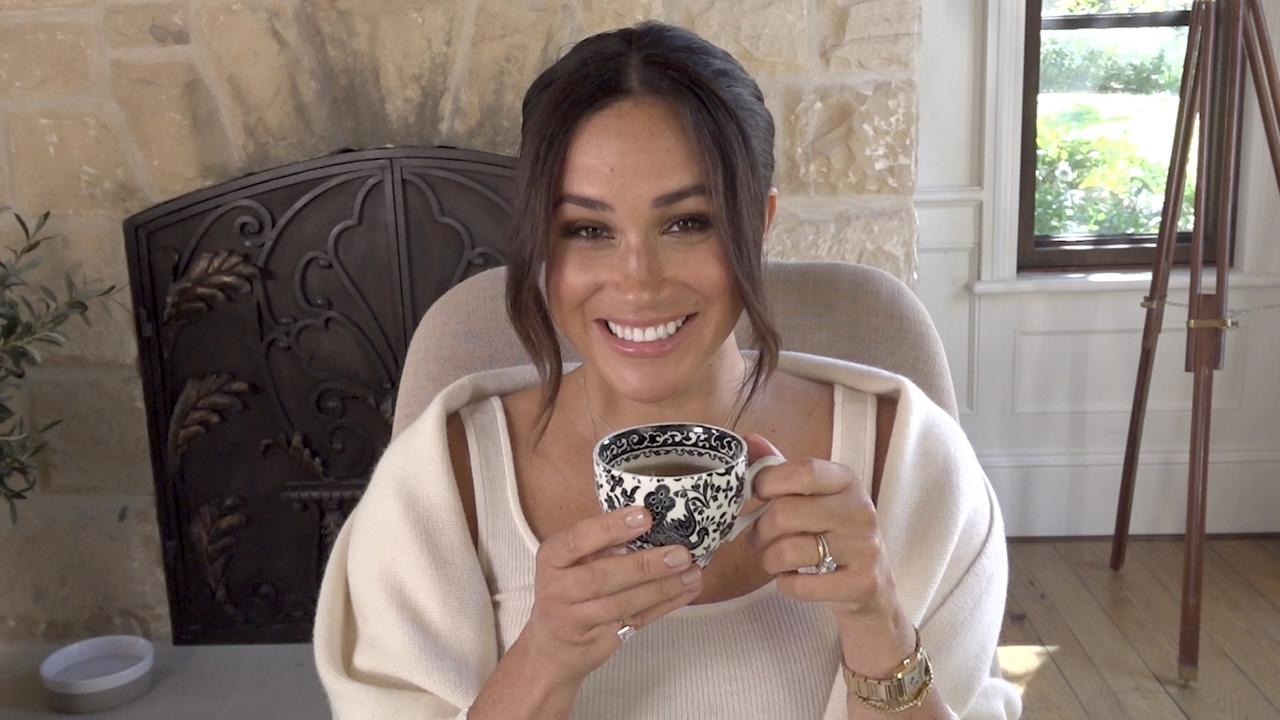Opinion: Time to honour the heartbroken women left behind
When their boys didn’t come back from war, many wives, sisters, mothers, daughters and fiancees were left with shattered dreams, writes Lucy Carne.
Lucy Carne
Don't miss out on the headlines from Lucy Carne. Followed categories will be added to My News.
My great-grandmother’s grief was carried to her grave in a battered RAAF suitcase.
Her eldest son Roy Carne had just turned 22 when in 1943 as a navigator in the Australian 466 squadron he was sent to drop mines on Brest Harbour and never returned.
But even when his belongings packed neatly in his suitcase were shipped back to Gympie, my great-grandmother refused to believe his body lay at the bottom of the Atlantic.
“He’s suffered amnesia from the crash and will find his way home,” she would say.
She kept Roy’s suitcase by her bed, even until her final days in an aged care home, in the hope that her blue-eyed boy would one day walk through the door and finally return to his mother’s arms.

Then there was the distraught mother of the Wilson brothers from Port Macquarie, who fought in the bloody battle of Fromelles in 1916.
Samuel, 29, and Eric, 21, were killed in battle and their bodies dumped in an unmarked mass grave.
Jim, just 17, was left fighting for his life in no man’s land with a bullet in his neck.
The Red Cross tracked him down months later in an English hospital, oblivious that his big brothers were dead.
But before word could get back to Australia that her youngest son would return home safe, the Wilson boys’ mother died, her family believes, from the pain of losing her boys.
These are just small, sad threads in the legacy of heartbreak that has burdened Australian women during war.
They may not have fought on the frontline, nursed dying soldiers or worked in factories, but they kept the home fires burning and suffered deep, unconscionable loss.

They are the desperate mother who stood by the front gate after dinner each evening, scanning the street for the return of her boy.
They are the elderly woman gripped by dementia who no longer recognised her own son but believed he was the beloved big brother who died in a trench 80 years earlier.
They are the tearstained love letters tucked in the back of a wardrobe that suddenly stopped arriving, cutting short what should have been a blissful future of wedding bells and babies.
For when we pay tribute to the sacrifice of Australian men on battlefields this ANZAC Day, we must also honour the heartbroken women left behind.
Lest we forget the wives, sisters, mothers, daughters and fiancees, who loved and lost.



